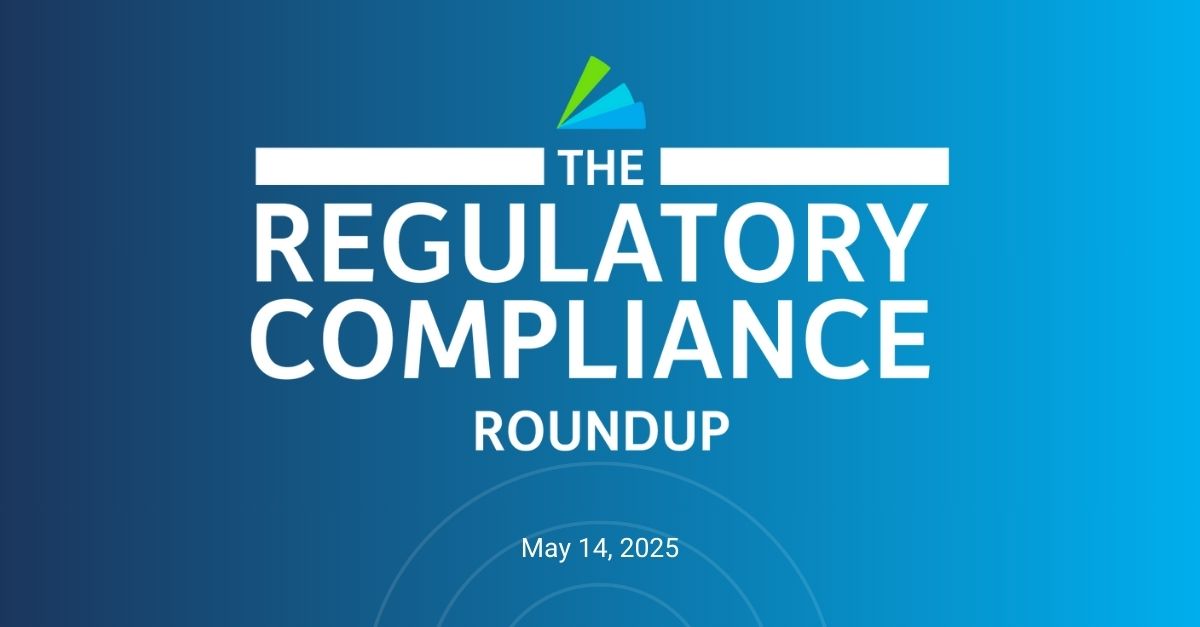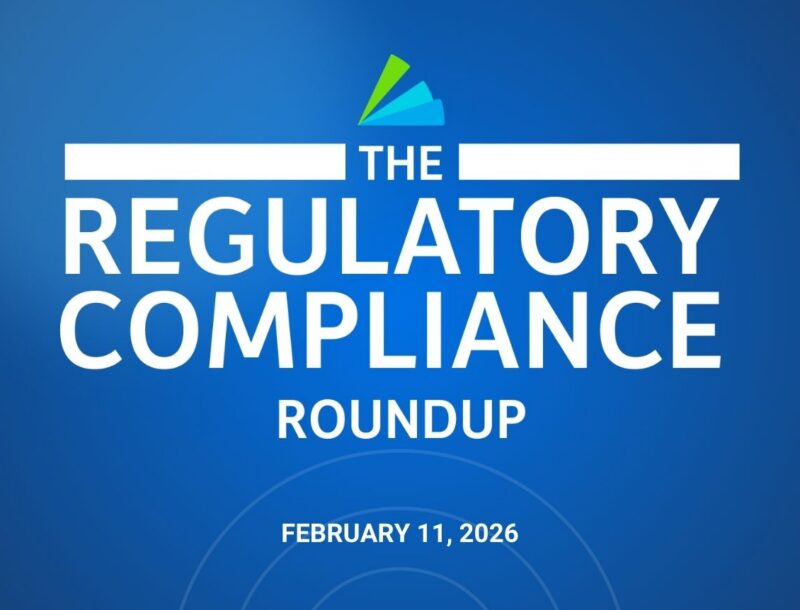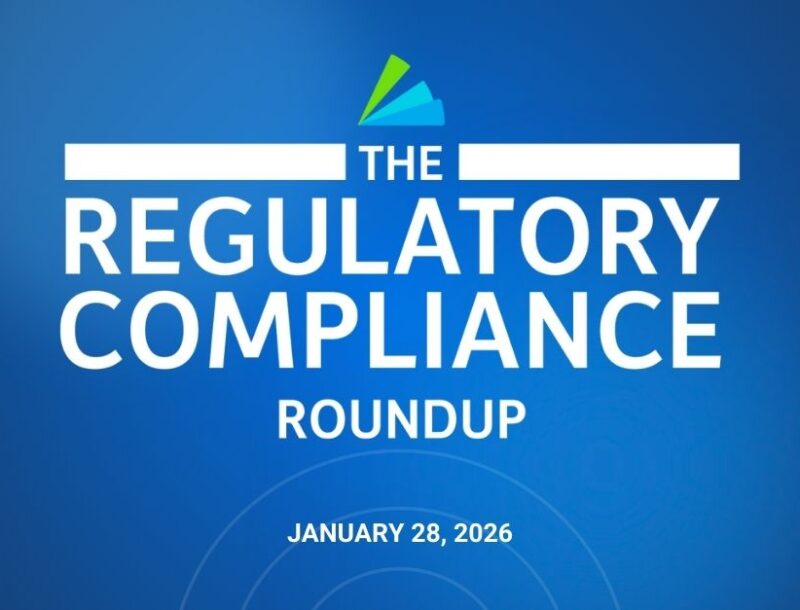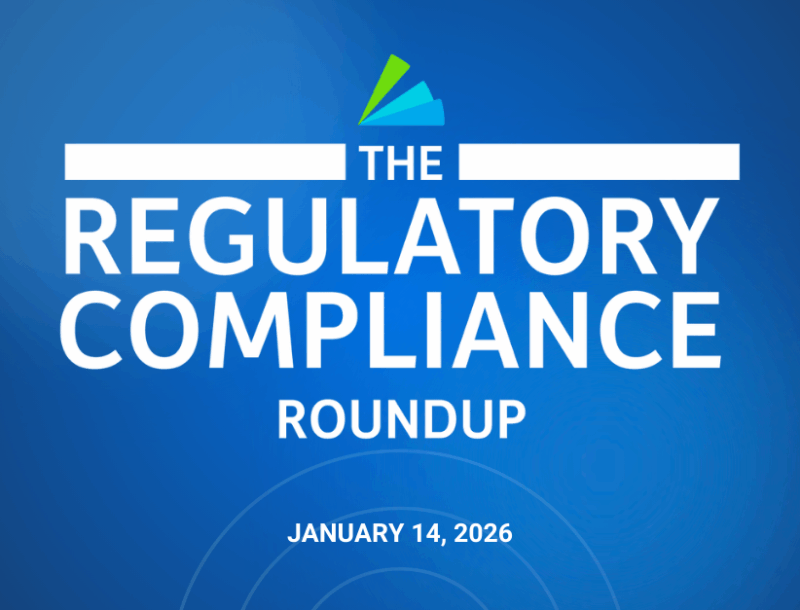The Roundup: Misleading Subject Lines are Illegal, PA Stepping Up Consumer Protection Efforts, and Strengthening UDAAP Compliance

Welcome to the PerformLine Regulatory Compliance Roundup, home of the latest news, articles, and reports from our industry, curated for you. Let’s get into it.
In this edition: False or misleading subject lines are illegal under Washington State’s CEMA, CFPB withdraws 67 interpretive rules, policy statements, and advisory opinions, PA Governor beefing up consumer protection efforts, FTC requires company to back up AI claims, and strengthen UDAAP compliance with enhanced rulebooks
Do you want to be the first to know when the Regulatory Roundup is released? Subscribe to never miss an email and follow us on LinkedIn for even more updates on marketing compliance.
False or Misleading Subject Lines are Illegal Under Washington State’s CEMA
The Washington State Supreme Court has broadened the scope of the state’s Commercial Electronic Mail Act (CEMA) by ruling that any false or misleading information in the subject line of a commercial email sent to Washington residents constitutes a violation, regardless of whether it misrepresents the email’s commercial nature and regardless if it led to consumer harm.
This decision emphasizes that subject lines must be evaluated independently, without considering the email’s body content. Violations of CEMA can result in penalties of $500 per email, highlighting the importance for businesses to ensure accuracy in their email subject lines to maintain compliance and avoid potential liabilities.
Read about PerformLine’s take on this ruling and how to stay ahead of risk here.
CFPB Withdraws 67 Interpretive Rules, Policy Statements, and Advisory Opinions
The CFPB has withdrawn 67 interpretive rules, policy statements, and advisory opinions, citing three main reasons: to issue guidance only when necessary to ease compliance burdens, to scale back enforcement in line with presidential directives aimed at deregulation and streamlining, and to clarify that guidance is non-binding and should not create substantive rights.
The agency emphasized that these withdrawals are not necessarily final and that it will continue to review all guidance documents to determine their long-term status. In light of these developments, states are likely to continue ramping up their own consumer protection efforts.
Significant Stat: $18M: The FTC sent more than $18M in refunds to consumers harmed by misleading claims made by a sweepstakes company. Read more
PA Governor is Beefing Up Consumer Protection Efforts
In response to federal cutbacks in consumer protection, Pennsylvania’s Governor has strengthened state efforts by creating a centralized system for residents to report scams and resolve financial and insurance disputes. The initiative expands the state’s enforcement authority under the Dodd-Frank Act, allowing state regulators to take action when federal agencies do not. This move aims to ensure strong consumer protection at the state level, filling the gap left by reduced federal oversight.
FTC Requires Companies to Back Up AI Claims
The FTC has warned that companies making claims about the accuracy of their AI tools must have solid evidence to back them up. In a recent case, the agency targeted a business for exaggerating its AI detection tool’s accuracy without reliable scientific proof, noting that the tool performed far worse than advertised in independent tests. This action highlights the FTC’s commitment to cracking down on deceptive marketing practices, particularly related to AI technologies.
Strengthen UDAAP Compliance with Enhanced Rulebooks
PerformLine has enhanced its UDAAP compliance rulebooks to help organizations detect and address potential marketing violations more effectively. The updated rulebooks feature over 3,500 new terms and phrases, including those related to emerging deceptive tactics like “dark patterns,” and incorporate smarter detection logic for improved accuracy.
These rulebooks are informed by regulatory actions, consumer complaint data, and client feedback, enabling compliance teams to proactively identify and mitigate risks associated with unfair, deceptive, or abusive acts and practices. By leveraging these enhancements, companies can better safeguard against regulatory scrutiny and maintain consumer trust.


